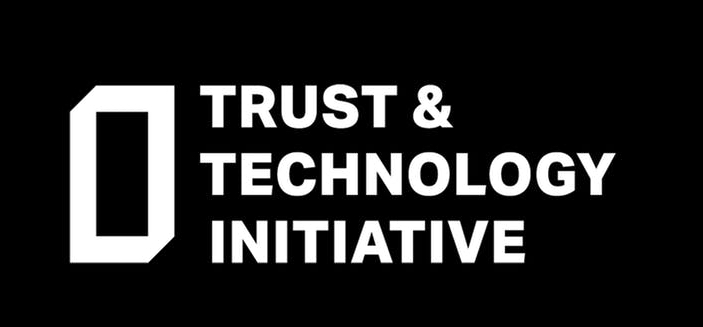Digital media, voice and power in Africa
Digital media appear to disrupt power in profound and polarising ways: opening up new channels for voice, and also bringing unprecedented forms of surveillance by state and private actors. In Africa, the stakes are high. The 2017 elections in Kenya bring these two sides into sharp relief. A critical and satirical political commentary of Kenyans on Twitter (#KOT) contrasted with attempts at control and surveillance as the governing coalition contracted the behavioural insights/marketing firm Cambridge Analytica, ‘fake news’ was reportedly rife, and the technology manager at the electoral commission was murdered a week prior to election day.
Yet, the ways that scholars have responded to the intersection of power and digital communication in Africa remains unconvincing. They are heralded as the new tools for development of the continent, feared as new weapons for coercive state control and surveillance, imbued with agency as the means for quick, decentralised political organisation and protest. Leading scholars emphasise that our understanding of what is changing in the nature and distribution of political power must get beyond impatient and crude binaries, with digital communications as either utopian or dystopian (Papacharissi, 2010), as emancipatory or coercive (Dahlgren, 2013), or as the democratic second coming or tools for domination and accumulation (Dean, 2001, 2008).
Our research agenda takes as its premise that understanding how and why digital communication technologies intersect with power cannot be answered by looking at forms of control alone, or solely new collective actions. These are only incomplete insights into what, in sum, is at stake with the politics of digital communication technologies. Missing from the picture is the way that communication technologies entangle both forms of power, simultaneously, in ways that appear in tension but are also mutually constitutive of the other. Digital communication technologies are recalibrating the basic paradox of political power: the tense, co-constituting mix of coercion with consent, domination with agency, and rule with political action.
Working from this premise Cambridge's Centre of Governance and Human Right's (CGHR) research agenda in Digital Media, Voice and Power attempts to re-think the relationship between power and digital media through conceptual and empirical research. Over the past year, we have been doing framing research into first, how to conceptualise forms of power, and second, how alignments of power have intersected with communication technologies historically on the African continent. Going forward, we plan to conduct case studies focused on specific technical ‘objects’ that have been integrated into the exercise of authority and its contestation in a selection of East African countries. Our conceptual and historical framework forms the reference point for interrogating newer communication technologies and their intersection with forms of power concurrently. The first case study, looking at methodologies of data collection at the county level in Kenya, and how it relates to power, perceptions of power and public trust, will begin in October 2018.

